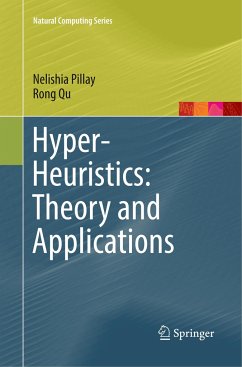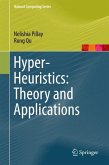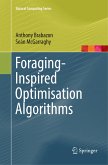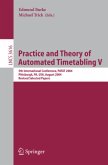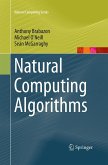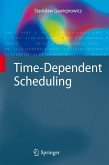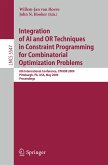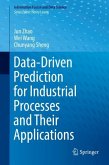This introduction to the field of hyper-heuristics presents the required foundations and tools and illustrates some of their applications. The authors organized the 13 chapters into three parts. The first, hyper-heuristic fundamentals and theory, provides an overview of selection constructive, selection perturbative, generation constructive and generation perturbative hyper-heuristics, and then a formal definition of hyper-heuristics. The chapters in the second part of the book examine applications of hyper-heuristics in vehicle routing, nurse rostering, packing and examination timetabling. The third part of the book presents advanced topics and then a summary of the field and future research directions. Finally the appendices offer details of the HyFlex framework and the EvoHyp toolkit, and then the definition, problem model and constraints for the most tested combinatorial optimization problems.
The book will be of value to graduate students, researchers, and practitioners.
The book will be of value to graduate students, researchers, and practitioners.

